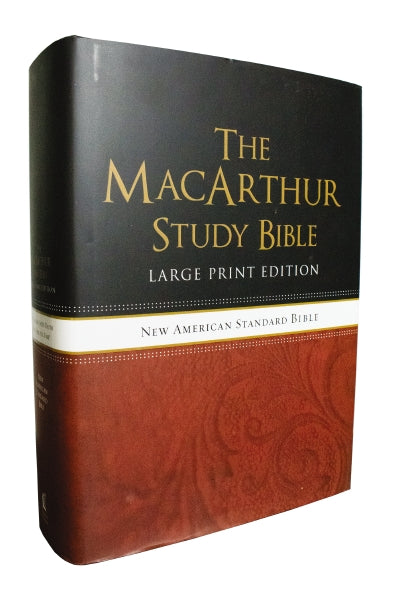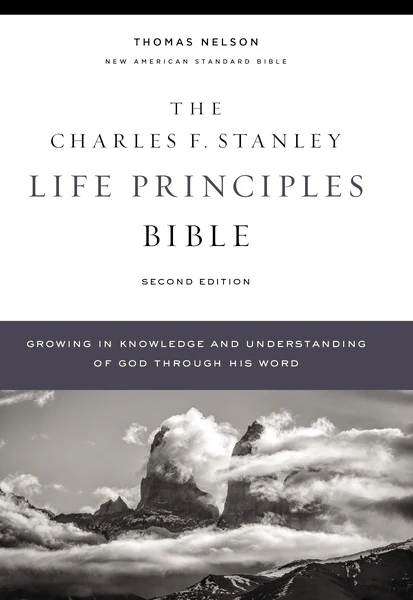Deuteronomy 15:7-16:12
New American Standard Bible
7 “If there is (A)a poor person among you, one of your brothers, in any of your [a]towns in your land which the Lord your God is giving you, (B)you shall not harden your heart, nor close your hand from your poor brother; 8 but (C)you shall fully open your hand to him, and generously lend him enough for his need in whatever he lacks. 9 Be careful that there is no mean-spirited [b]thought in your heart, [c]such as, ‘(D)The seventh year, the year of release of debts, is near,’ and (E)your eye is malicious toward your poor brother, and you give him nothing; then he (F)may cry out to the Lord against you, and it will be a sin in you. 10 You shall generously give to him, and your heart shall not be [d]grudging when you give to him, because (G)for this thing the Lord your God will bless you in all your work, and in all [e]your undertakings. 11 (H)For the poor will not cease [f]to exist in the land; therefore I am commanding you, saying, ‘You shall fully open your hand to your brother, to your needy and poor in your land.’
12 “(I)If your fellow countryman, a Hebrew man or woman, is sold to you, then he shall serve you for six years, but in the seventh year you shall set him [g]free. 13 And when you set him [h]free, you shall not send him away empty-handed. 14 You shall give generously to him from your flock, your threshing floor, and from your wine vat; you shall give to him as the Lord your God has blessed you. 15 And you are to remember that you were a slave in the land of Egypt, and the Lord your God redeemed you; therefore I am commanding [i]this of you today. 16 But it shall come about, (J)if he says to you, ‘I will not leave you,’ because he loves you and your household, since he is doing well with you, 17 then you shall take an [j]awl and pierce it through his ear into the door, and he shall be your servant permanently. You shall also do the same to your female slave.
18 “It shall not seem difficult for you when you set him [k]free, because he has given you six years with double the [l]service of a hired worker; so the Lord your God will bless you in whatever you do.
19 “(K)You shall consecrate to the Lord your God all the firstborn males that are born in your herd and in your flock; you shall not work with the firstborn of your herd, nor shear the firstborn of your flock. 20 (L)You and your household shall eat it every year before the Lord your God in the place which the Lord chooses. 21 (M)But if it has any impairment, such as a limp, or blindness, or any serious impairment, you shall not sacrifice it to the Lord your God. 22 You shall eat it within your gates; (N)the unclean and the clean alike may eat it, as (O)a gazelle or a deer. 23 Only (P)you shall not eat its blood; you are to pour it out on the ground like water.
The Feasts of Passover, of Weeks, and of Booths
16 “Observe (Q)the month of Abib and [m](R)celebrate the Passover to the Lord your God, for in the month of Abib the Lord your God brought you out of Egypt by night. 2 You shall sacrifice the Passover to the Lord your God from the flock and the herd, in the place where the Lord chooses to establish His name. 3 (S)You shall not eat leavened bread with it; for seven days you shall eat unleavened bread with it, the bread of affliction (for you came out of the land of Egypt in a hurry), so that you will remember the day when you came out of the land of Egypt (T)all the days of your life. 4 For seven days no leaven shall be seen with you in your entire territory, and (U)none of the meat which you sacrifice on the evening of the first day shall be left overnight until the morning. 5 You are not allowed to sacrifice the Passover in any of your [n]towns which the Lord your God is giving you; 6 but only (V)at the place where the Lord your God chooses to establish His name, you shall sacrifice the Passover in the evening at sunset, at the time that you came out of Egypt. 7 You shall (W)cook and eat it in the place which the Lord your God chooses. In the morning you are to return to your tents. 8 For six days you shall eat unleavened bread, and (X)on the seventh day there shall be (Y)a festive assembly to the Lord your God; you shall do no work on it.
9 “(Z)You shall count seven weeks for yourself; you shall begin to count seven weeks from the time you begin to put the sickle to the standing grain. 10 Then you shall [o]celebrate the Feast of Weeks to the Lord your God with a [p]voluntary offering of your hand in a proportional amount, which you shall give just as the Lord your God blesses you; 11 and you shall (AA)rejoice before the Lord your God, you, your son and your daughter, and your male and female slaves, and (AB)the Levite who is in your [q]town, and (AC)the stranger, the [r]orphan, and the widow who are in your midst, at the place where the Lord your God chooses to establish His name. 12 (AD)You shall also remember that you were a slave in Egypt, and you shall be careful and [s]comply with these statutes.
Footnotes
- Deuteronomy 15:7 Lit gates
- Deuteronomy 15:9 Lit word
- Deuteronomy 15:9 Lit saying
- Deuteronomy 15:10 Lit evil
- Deuteronomy 15:10 Lit the putting forth of your hand
- Deuteronomy 15:11 Lit from the midst of
- Deuteronomy 15:12 Lit free from you
- Deuteronomy 15:13 Lit free from you
- Deuteronomy 15:15 Lit this thing
- Deuteronomy 15:17 I.e., a pointed tool
- Deuteronomy 15:18 Lit free from you
- Deuteronomy 15:18 Lit wages
- Deuteronomy 16:1 Lit perform
- Deuteronomy 16:5 Lit gates
- Deuteronomy 16:10 Lit perform
- Deuteronomy 16:10 Or freewill offering
- Deuteronomy 16:11 Lit gates
- Deuteronomy 16:11 Or fatherless
- Deuteronomy 16:12 Lit perform these
New American Standard Bible®, Copyright © 1960, 1971, 1977, 1995, 2020 by The Lockman Foundation. All rights reserved.
Bible Gateway Recommends






